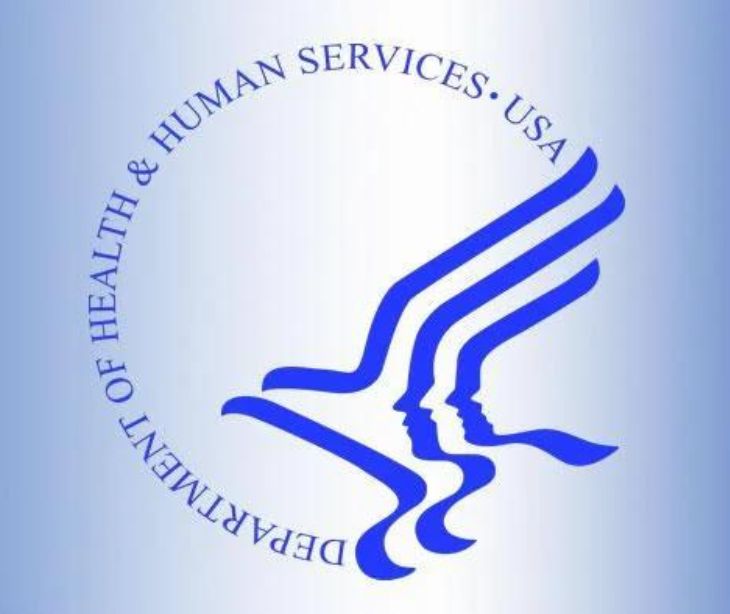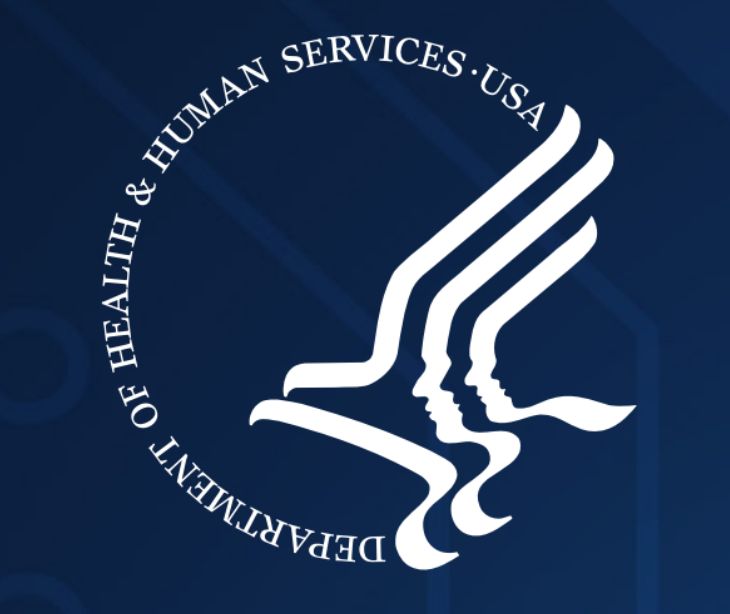2 min read
OCR issues guidance to hospitals, nursing homes on non-discrimination
Tshedimoso Makhene
January 29, 2024

HHS has released guidance on non-discrimination to hospital and long-term care facility administrators. This is in support of the Biden-Harris Administration’s strategy to counter antisemitism.
What happened
The Office for Civil Rights (OCR) issued guidance to US hospitals and long-term care facilities to ensure non-discrimination in healthcare settings. The guidance accommodates religious needs, promotes religious freedom, and reminds facilities of their obligations under federal civil rights laws and Centers for Medicare and Medicaid Services (CMS) regulations. The guidance addresses concerning practices during the COVID-19 pandemic, such as restricting religious dietary needs or denying visitation based on religious affiliation. It supports the U.S. National Strategy to Counter Antisemitism, released by the Biden-Harris Administration, which prioritizes equity and non-discrimination.
The backstory
In September 2023, HHS and seven federal agencies clarified in writing that Title VI of the Civil Rights Act prohibits discrimination based on shared ancestry or ethnic characteristics in federally funded programs. This includes addressing forms of antisemitic, Islamophobic, and related discrimination. HHS translated information about Title VI into multiple languages.
In 2023, the HHS offered twelve training sessions on its antidiscrimination laws for medical schools nationwide, attended by 925 students. HHS also held listening sessions with Jewish and Muslim chaplains to address religious discrimination in healthcare settings, aiming to enhance cultural and religious competence in healthcare through multifaith partnerships.
See also: HIPAA Compliant Email: The Definitive Guide
What was said?
According to HHS, OCR Director Melanie Fontes Rainer believes that “all Americans must be free practice their faith and live their lives without fear of attack or harassment.” She also noted that the OCR is taking steps to ensure patients' religious needs are met when receiving care at hospitals and long-term facilities.
Other actions under this strategy include offering antidiscrimination law trainings to medical schools, supporting Holocaust survivors, engaging with chaplains on religious discrimination in healthcare, creating a toolkit for those impacted by conflicts, marking International Holocaust Remembrance Day, and launching a digital campaign for cross-community solidarity.
See also: HIPAA training for students
Why it matters
The guidance reinforces the commitment to preventing discrimination in healthcare settings, particularly based on religion. It reminds hospitals and long-term care facilities of their obligations under federal civil rights laws and CMS regulations to provide equal and non-discriminatory access to healthcare services.
As part of a broader initiative under the US National Strategy to Counter Antisemitism, the guidance aligns with the government's efforts to address more expansive issues related to discrimination and hate.
FAQs
What are the civil rights of religion?
The civil rights of religion encompass the legal protections and freedoms granted to individuals to practice their religious beliefs without discrimination.
What obligations do healthcare facilities have under federal civil rights laws and CMS regulations?
Federal civil rights laws and CMS regulations mandate that healthcare facilities comply with principles of non-discrimination, equal access, and religious accommodation.
Subscribe to Paubox Weekly
Every Friday we bring you the most important news from Paubox. Our aim is to make you smarter, faster.




